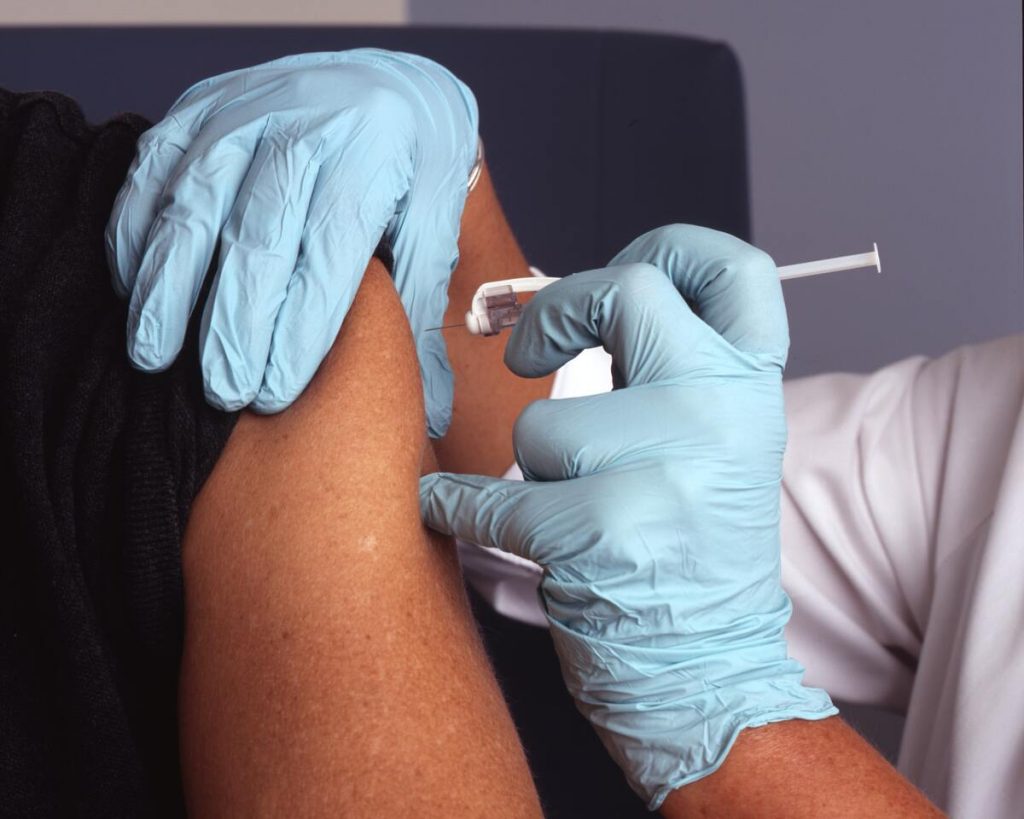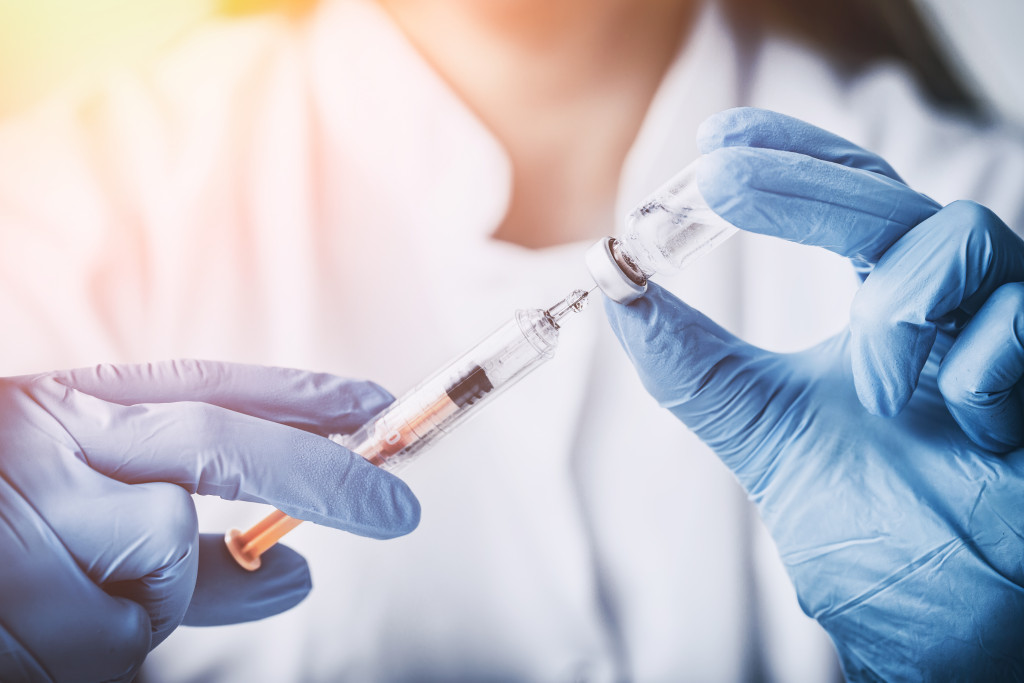When the pandemic started over a year ago, it caught many people off guard, as the virus reached different parts of the world. From infecting a few dozen in December 2019, the number of cases hit one million in April 2020.
The speed of the spread spurred scientists and researchers to find a vaccine to protect the population. The first vaccine to receive emergency use authorization (EUA) from the U.S. Food and Drug Administration (FDA) was the Pfizer-BioNTech COVID-19 vaccine on December 11, 2020. The authorities administered the first dose of the vaccine on December 14, 2020.
Six months later, the authorities administered more than 328 million vaccine doses. Despite the positive effects of the vaccine, some people still have misguided ideas about getting these lifesaving shots. Here are some of those misconceptions.
Vaccine Development Was Rushed So It’s Not Safe
The speed in the development of the vaccines was fast since the method used to create them were already existing. This allowed companies to work on the vaccines when the pandemic started. China also started to isolate and shared genetic information about the virus to allow scientists to work on the vaccine.
The developers also used an overlapping schedule to allow them to gather information faster. However, they did not skip any steps in testing. There were also a lot of resources after different governments funded the research early.
The vaccines also went through careful testing in medical research clinics to ensure they met international standards of effectiveness and safety. The companies developing the vaccines needed to pass these standards before national regulatory agencies and the World Health Organization (WHO) validated them.
There was also no shortage of study volunteers who were willing to do their part in the research. It also did not take long to check the efficacy of the vaccines since the virus was widespread and quite contagious.
Additionally, companies already started producing the vaccines even before they received authorization from the WHO and regulatory agencies of different companies. This allowed them to have an inventory of the vaccines after they received authorization. People should also understand that protections ensure the safety of COVID-19 vaccines.

Vaccines Are Not Safe for Children
This is a misconception that has led some parents to be wary about having their children inoculated. However, the FDA already gave the go-signal allowing children 12 years and older to receive the Pfizer-BioNTech vaccine. Researchers have already studied the vaccine in over 2,200 children between the ages of 12 and 15. The side effects that older teens experienced were similar to the ones experienced by adults. These side effects include fatigue, body aches, and pain at the injection site.
Moreover, clinical trials have shown that the vaccine is safe for children at least 12 years old. The clinical trials for this age group took longer since they required additional precautions to ensure the children were safe. The trials also required a phased approach so that the researchers can ensure the proper dosage for this age group.
People Who Recovered from COVID-19 Do Not Need the Vaccine
While millions recovered after they got infected by the virus, many got reinfected by it. This signifies that a person who recovered still needs the vaccine. There is a general lack of information showing that people can develop a natural immunity to the virus.
Even though evidence shows that natural immunity to the virus after a person recovered from it can last up to eight months, additional research is necessary to know more about this. Therefore, people should get the vaccine as soon as they can to protect themselves from the various strains of the virus. People who recovered also did not show any ill effects after receiving the vaccine.
Natural Immunity Is Better Than the Vaccine
People who have a strong immune system still need to get the vaccine since it protects their bodies from COVID-19. It develops an immune response to the virus and reduces the risk of contracting a severe case of the disease. The vaccine helps the body to fight the virus if the person is exposed to it.
Additionally, the vaccine allows people to ensure their loved ones are also protected from the virus. Once the vaccine builds their immunity to the virus, they will be less likely to infect their loved ones. This is important for people whose loved ones have a bigger risk of developing a severe case of the disease, including the elderly and people who have underlying medical conditions.
Getting inoculated with the COVID-19 vaccine is the best way for people to protect themselves and their loved ones against the virus. It is important to exercise critical thinking to dispel myths regarding vaccinations.




